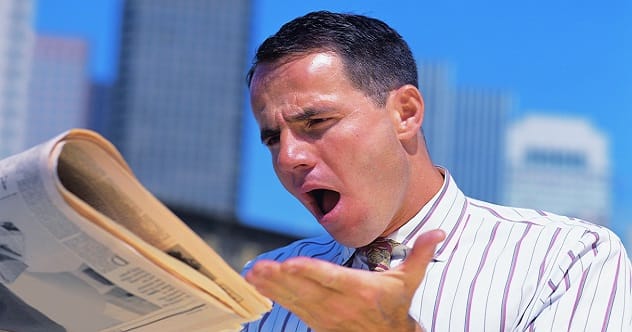Life often has a funny way of mirroring art, but sometimes, it’s more like a head-on collision. Pop culture, in its attempt to reflect and entertain, occasionally finds itself in an awkward dance with reality when unforeseen events strike. These moments can force creators to rethink, rewrite, or even scrap entire projects. Let’s dive into ten instances where real life dramatically altered the course of pop culture.
Joel Schumacher’s Unfortunate Streak of Bad Timing
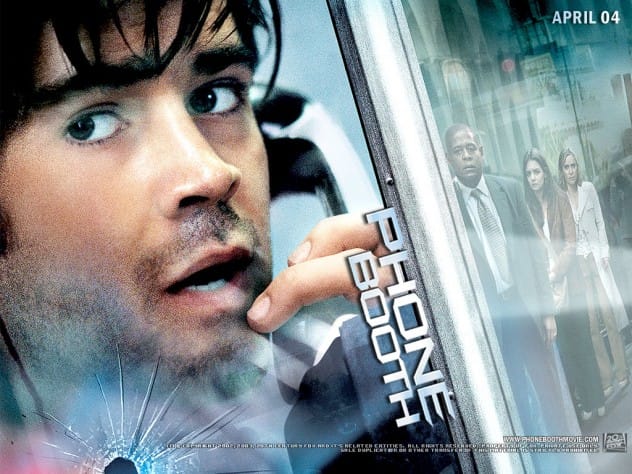
Director Joel Schumacher experienced a bizarre series of delays due to tragic real-world events. In 2001, he had two films set for release: Bad Company, about preventing terrorists from bombing New York City, and Phone Booth, a thriller about a man held hostage by a sniper. 9/11 pushed Bad Company’s release to June 2002. Phone Booth, though not about terrorism, was also delayed as the studio felt a dark thriller set in Manhattan would be insensitive.
Ironically, when Phone Booth was rescheduled for November 2002, the Beltway sniper attacks occurred, where a sniper terrorized the Washington, D.C. area, killing ten people. This led to yet another delay, and the film finally hit theaters in April 2003. Talk about bad luck!
Reality Shows Canceled After Contestant’s Tragic Actions
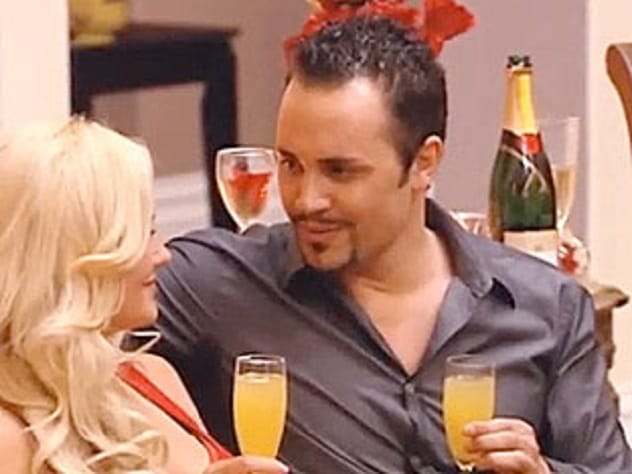
In 2009, Ryan Jenkins appeared on VH1’s Megan Wants a Millionaire and was later selected for another show, I Love Money. However, his involvement took a dark turn when Jasmine Fiore, a model he’d met after filming Megan Wants a Millionaire, was found murdered. Jenkins was charged with the crime but committed suicide before he could be arrested.
VH1 canceled Megan Wants a Millionaire after only three episodes and chose not to air the season of I Love Money featuring Jenkins. The tragic murder-suicide highlighted the importance of thorough background checks in reality TV casting.
Jackie Chan’s Comedy Shelved After 9/11
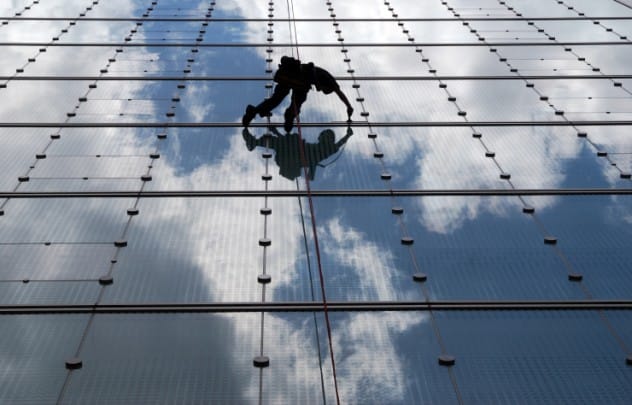
The events of September 11, 2001, had a profound impact on the entertainment industry. One film that couldn’t escape the tragedy was Jackie Chan’s Nosebleed. The film featured Chan as a window washer at the World Trade Center who thwarts terrorists attempting to blow up the WTC and the Statue of Liberty.
After 9/11, the premise was deemed too insensitive, and the film was scrapped. Ironically, the production had considered filming at the Windows of the World restaurant on the morning of September 11, but delays saved them from potential tragedy.
WWE Scraps Character After London Bombings
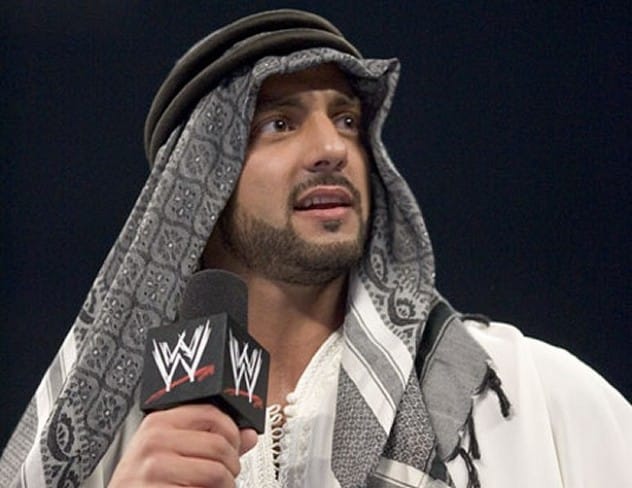
In 2004, WWE introduced Muhammad Hassan, an Arab-American character portrayed by Mark Copani, who expressed anger over post-9/11 prejudice. On July 4, 2005, an episode of Smackdown aired featuring Hassan hiring masked figures to attack The Undertaker.
Tragically, three days prior, London was struck by terrorist bombings. Despite advisory warnings during the show, the segment with Hassan’s terrorist thugs remained intact, leading to heavy criticism. UPN demanded WWE remove the character, and Copani was soon released from his contract.
The Berlin Wall Throws a Wrench in Billy Wilder’s Comedy
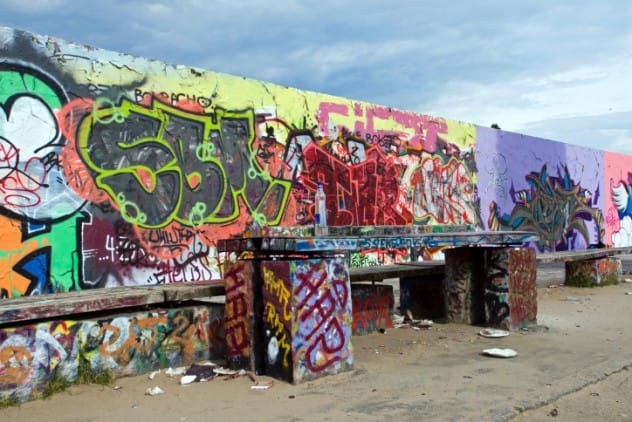
Billy Wilder’s 1961 comedy, One, Two, Three, starring James Cagney as a Coca-Cola executive in West Berlin, faced an unexpected challenge. The film’s plot revolved around his boss’s daughter marrying a communist from East Berlin. However, during production, the Berlin Wall went up, completely changing the context of the story.
Wilder had to move production to Munich and add a disclaimer acknowledging the real-life events. Unfortunately, the film’s box office performance was disappointing, as audiences found the subject matter less comedic in light of the Wall’s construction. Critics also accused Wilder of exploiting real-life events.
The Program Pulls a Scene After Real-Life Imitation Turns Deadly

The 1993 sports movie, The Program, featured a scene where college football players lay in the middle of a road as cars passed by. Tragically, three teenagers attempted to replicate the stunt, resulting in the death of one teen and serious injuries to the others.
In response, the scene was removed from future screenings, advertising, and home video releases. The incident highlighted the potential dangers of on-screen actions being imitated by viewers.
Fever Pitch Rewrites the Ending After Red Sox Victory
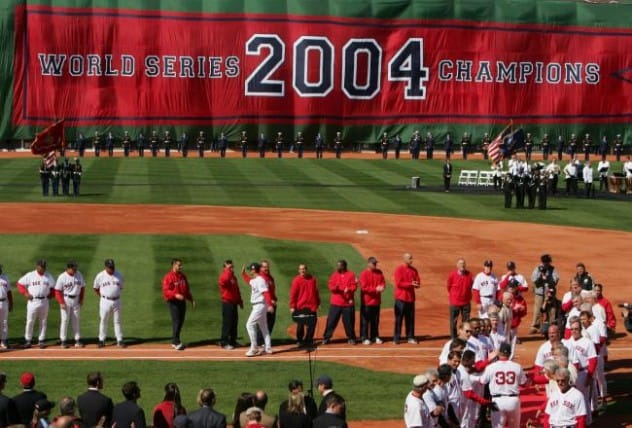
The 2004 romantic comedy, Fever Pitch, starring Jimmy Fallon and Drew Barrymore, centered on a Red Sox fan and referenced the “Curse of the Bambino.” During filming, the Red Sox defied expectations and won their first World Series in 86 years.
The filmmakers reshot the ending to reflect this historic victory, incorporating real-life footage of Fallon and Barrymore celebrating with the team at Fenway Park. The film transformed from a story about a curse to one celebrating an incredible triumph.
Heath Ledger’s Death Leads to a Creative Solution in The Imaginarium of Doctor Parnassus
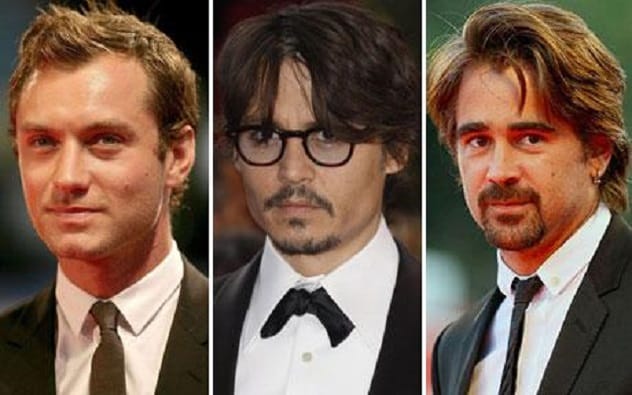
Heath Ledger’s sudden death in 2008 halted production of Terry Gilliam’s The Imaginarium of Doctor Parnassus. Ledger had only filmed a third of his scenes. Rather than scrap the project, Gilliam devised a creative solution: Johnny Depp, Colin Farrell, and Jude Law stepped in to complete Ledger’s role.
The story was altered to have Ledger’s character enter a dream world, with his appearance changing each time he entered a new realm. This allowed the three actors to portray different versions of his character, and they donated their salaries to Ledger’s daughter.
The West Wing Alters Election Outcome After John Spencer’s Passing
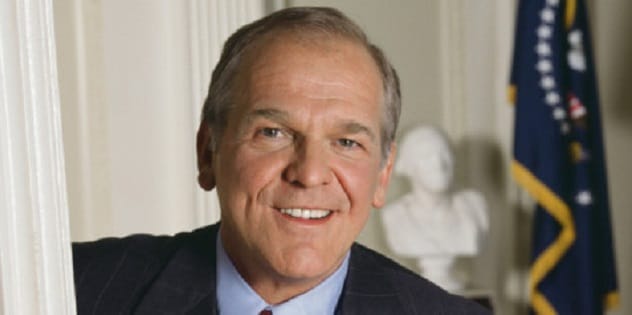
John Spencer, who played Leo McGarry on The West Wing, passed away unexpectedly during the show’s final season. McGarry was the Democratic nominee for Vice President, and the show was building towards a climactic election.
Originally, the Republicans were slated to win the election, but Spencer’s death led the writers to change the ending. Instead, it was written that McGarry would die on election night, and the Democrats would narrowly win, creating a bittersweet victory.
WWE Aborts Fake Death Storyline After Chris Benoit Tragedy
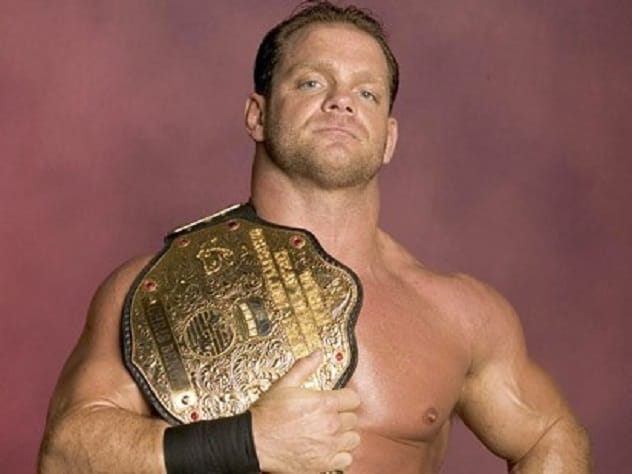
In June 2007, WWE aired a segment where owner Vince McMahon’s limousine exploded, suggesting his death. However, the storyline was abruptly canceled when Chris Benoit, a respected wrestler, was found dead with his wife and son.
The planned “tribute show” for McMahon became a real tribute to Benoit. However, when news broke that Benoit had murdered his family, the tribute was scrapped. The incident was a major setback for WWE, and Benoit’s name is now taboo in the company.
Conclusion
These ten examples illustrate how real-life events can dramatically impact pop culture. From shelved films and rewritten endings to canceled shows and altered storylines, the entertainment industry often finds itself navigating sensitive and unforeseen circumstances. These moments remind us of the powerful intersection between art and reality.
What do you think about these changes? Leave your comment below!


